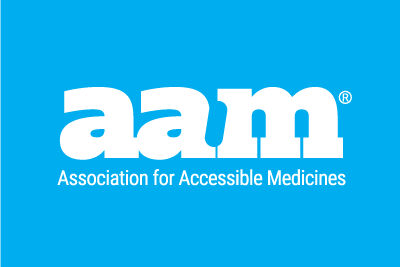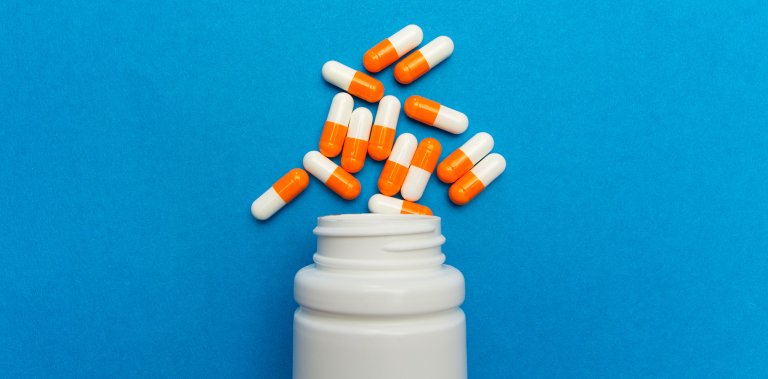Generics account for 90 percent of prescriptions dispensed in the U.S., but only 17.5 percent of the total drug costs. All of the thousands of generics available today are rigorously tested by the FDA and must prove they are the same medicine with the same active ingredient, strength and dosage as their brand-name counterpart.
Experts Agree: Generics Offer Same Safety and Effectiveness
According to the Food and Drug Administration (FDA):
“[G]eneric drugs…are just as safe and just as effective as their brand-name counterparts, and they are a cost-effective way of achieving substantial savings.”
“[A] generic drug is identical or bioequivalent to a brand-name drug in dosage form, safety, strength, route of administration, quality, performance characteristics and intended use.”
More from the FDA on generics.
According to the American Medical Association (AMA):
“[O]ne of the primary ways physicians can practice cost-effective prescribing is by offering patients a generic medicine when one is available.”
What is a generic medicine?
Generic drugs contain the same active ingredients, in the very same strength, as brand-name drugs. When a medicine is first developed, the pharmaceutical company that discovers and markets it receives a patent on its new drug. The patent usually lasts for 20 years, to give the originating company a chance to recoup its research investment. After the patent expires, a generic version of the drug may become available. Generics are marketed under the drug’s chemical, or "generic," name and meet the same FDA quality and effectiveness standards as the original.
Are generic drugs as good as brand-names?
Generic pharmaceutical manufacturers must prove to the FDA that their version of a drug:
- contains the same active ingredient;
- is identical in strength,
- dosage form, and route of administration;
- has the same indications, dosing, and labeling;
- provides the same efficacy and safety profile to patients ("bioequivalent")
Are generic drugs safe?
Generic medicines have to be safe and effective to be approved by the FDA. The FDA also requires generic drug manufacturers to:
- meet the same batch-to-batch requirements for strength, purity, and quality as the original manufacturer; and
- follow the same strict "Good Manufacturing Practices" rules.
Why do generic drugs look different than the brand-name product?
U.S. trademark laws don’t allow generic drugs to look exactly the same as another drug already on the market. For that reason, the color and shape of a generic pill may be different than the brand-name. Sometimes it will have a different coating or flavor. These "inert ingredients" also are carefully considered by the FDA. Differences in taste or appearance do not affect the drug’s safety or effectiveness.
Why are generics cheaper?
Some brand-name manufacturers charge customers higher prices in the United States than they do in other countries, where drug prices are regulated. Drug research is costly, and patent protection gives brand-name manufacturers at least 20 years to recover those costs — costs that generic manufacturers do not have. Brand-name manufacturers collectively spend billions of dollars in marketing new drugs to doctors and the public; they send their representatives to visit with doctors in their offices; and they pay for physicians’ trips to meetings and conferences to talk about their drugs with other doctors. Generic manufacturers rarely spend money on advertising and marketing — another important way they keep their costs down.
Are generic drugs made by the same companies that make brand-name drugs?
In some cases, yes.
Is a generic drug available for my brand-name prescription?
The easiest way to find out is simply to ask your doctor or pharmacist or go to Drugs@FDA, a search tool from the Food and Drug Administration, to help you identify whether your brand-name drug has any "therapeutic equivalent" versions.
Other Helpful Tools
Raise awareness of all the special people and things that are essential to our lives – like generic medicines (a/k/a GRx). For every like, comment & share of a #4GRxANTED video the generic industry will donate prescription medicines via Direct Relief to those in need. Learn More.
Learn how your generic and biosimilar industry is committed to your health.





